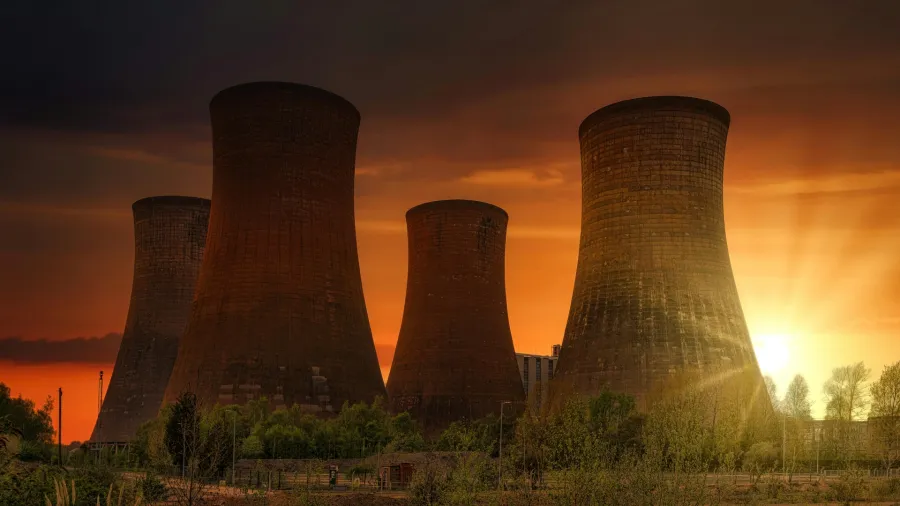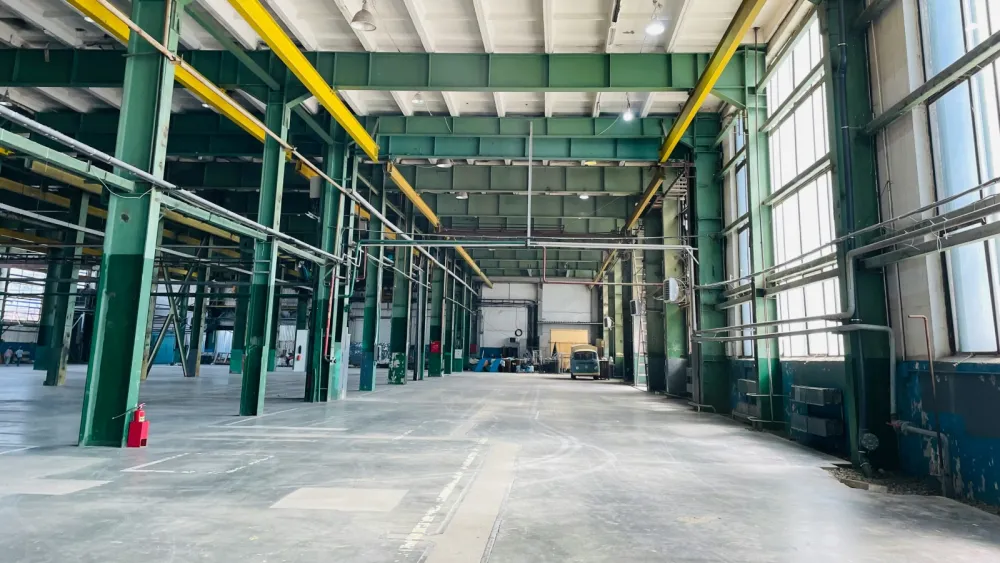
India’s 500 MWe prototype fast breeder reactor gets regulatory nod
Fuel sub-assemblies will be introduced in the final stage.
India's nuclear power programme has reached a major milestone with the Atomic Energy Regulatory Board's (AERB) approval to initiate fuel loading and low-power testing for the 500-megawatt electric prototype fast breeder reactor (PFBR) at Kalpakkam, Tamil Nadu.
“The approval follows a review process, which included phased core loading activities. Earlier this year, the core loading began with the insertion of control sub-assemblies and blanket sub-assemblies, all conducted under the stringent oversight of AERB,” the Department of Atomic Energy said in a statement.
This reactor, which was developed by Bharatiya Nabhikiya Vidyut Nigam Limited, is India’s first indigenous PFBR.
For the final stage, fuel sub-assemblies will be introduced into the reactor core. Once a sustained nuclear chain reaction is achieved, the reactor will undergo a series of low-power tests to evaluate its performance, the department said.


















 Advertise
Advertise







